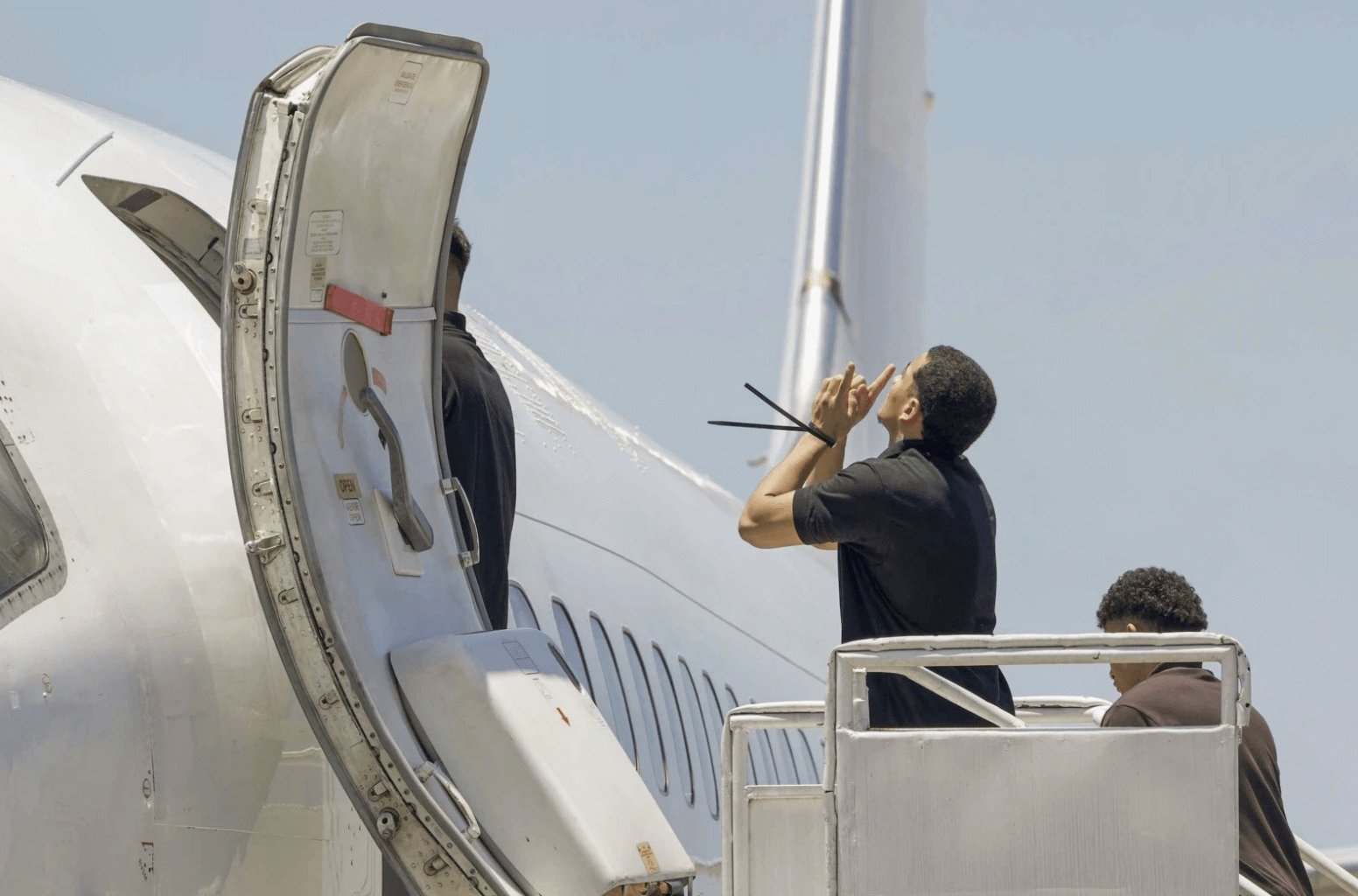In a rare and dramatic prisoner swap, El Salvador has repatriated approximately 250 Venezuelan nationals in exchange for the release of 10 U.S. citizens detained by the Venezuelan government. The deal, finalized on Friday, marks the first time since the Trump administration that no Americans are being held by Nicolás Maduro’s regime.
The Venezuelans were previously deported from the U.S. under the Trump-era Alien Enemies Act and subsequently incarcerated in El Salvador’s notorious Centre for the Confinement of Terrorism (Cecot), accused of gang affiliations with the Tren de Aragua. Salvadoran President Nayib Bukele announced the handover, highlighting it as a humanitarian effort and suggesting many of those detained may have been wrongly accused.
Among the deportees is Oscar González Pineda, whose mother insisted he had no ties to gangs. He had been working in Dallas when detained and was shocked to find himself jailed in Cecot. Some families, like his, expressed relief and gratitude after their loved ones were returned home.
U.S. officials have confirmed the Americans’ safe return, though their identities remain largely private. CBS identified one as former Navy SEAL Wilbert Joseph Castaneda, detained in Venezuela during a personal trip in 2024.
The deal was brokered in part due to increasingly warm ties between President Bukele and former U.S. President Donald Trump. The two leaders met earlier this year and discussed potential collaborations, including Bukele’s proposal to trade all 252 Venezuelan deportees for political prisoners detained in Venezuela during the 2024 election crackdown. While Maduro initially rejected that broader offer, the agreement to exchange Venezuelan prisoners for the U.S. nationals was seen by U.S. officials as a “critical opportunity.”
Although the U.S. maintains no formal diplomatic relations with Venezuela and sanctions remain in place, officials stressed that this exchange focused solely on humanitarian concerns and did not involve any sanction relief.
The controversial Cecot prison, known for its harsh conditions, has drawn criticism following reports like that of Kilmar Ábrego García—a Maryland man mistakenly deported to El Salvador who alleged torture while detained. His case brought international attention to the risks of politically charged deportations and further complicated the already tense immigration debate.
Ultimately, officials on both sides expressed cautious optimism about the deal, noting its complexity and last-minute nature. As one U.S. official put it: “At the end of the day, everything worked out, and everyone is safely on their way to be reunited with their loved ones.”






0 Comments